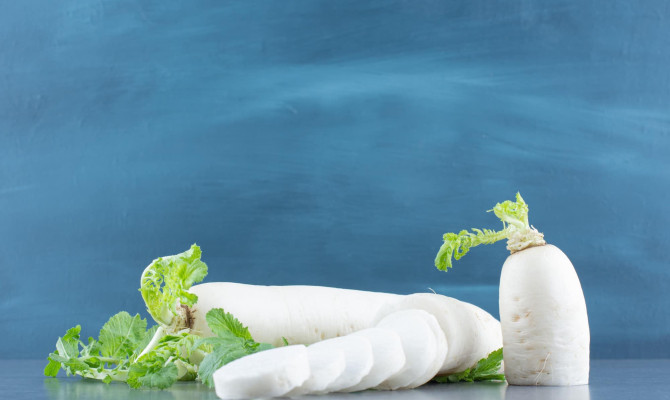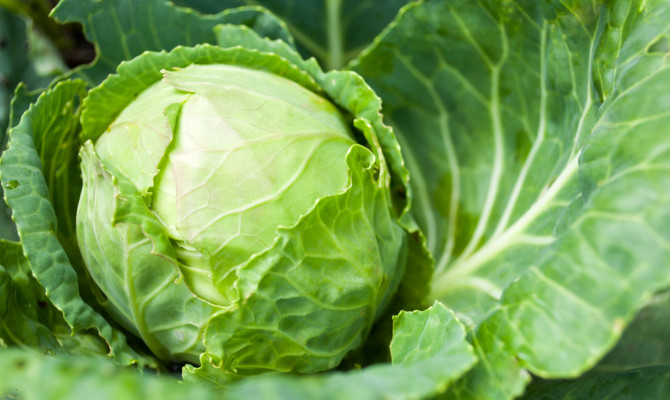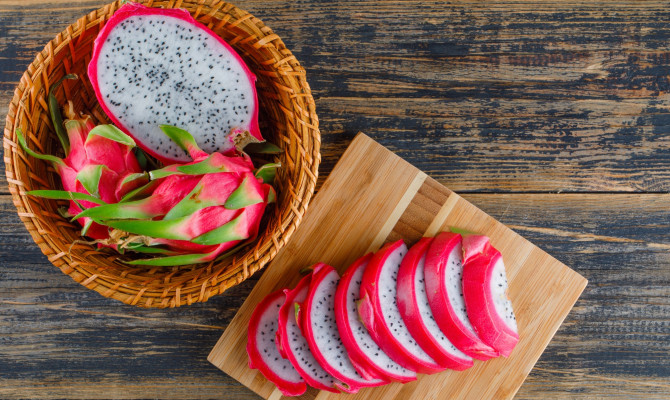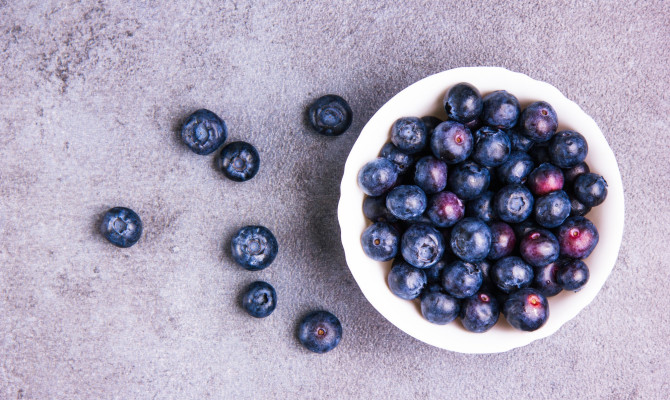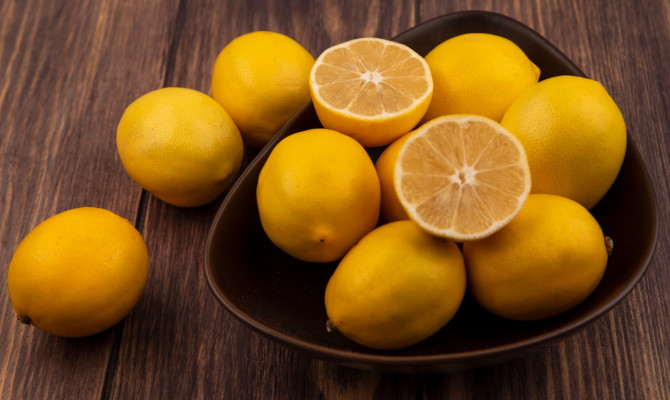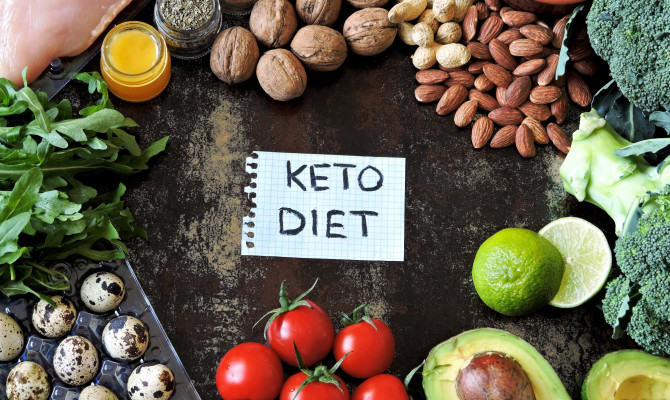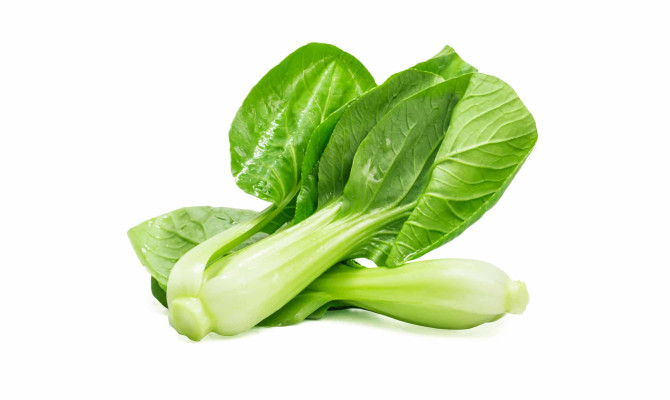Health benefits of Apricot

- Apricot
- 16 Aug 2023
Overview
What is apricot?
Apricots are small fruits that look like small peaches and have a pleasant sourness. The skin has a very light fuzzy feel and is pale orange to dark saffron, often with a pink or red faint blush on the cheeks. Like most fruits, they are packed with vitamins and minerals, making them a great addition to a healthy diet. This article discusses apricots’ potential health benefits, reviews their nutritional value and precautions, and suggests ways to add this fruit to their diet.

Key Facts
Facts about apricot
- It belongs to the rose family (Rosaceae).
- Along with other fruits such as peaches, plums, cherries, and mangoes, apricots are called stone fruits or drupes. Their name comes from the pit, a large central seed surrounded by a fleshy outer region.
- Bitter apricot kernels are claimed to have anti-cancer effects and are taken by several cancer patients as a remedy, disregarding their toxicity.2Key Facts| Researched based study from Foodprint.org
- Drupes tend to have thin skin and may be velvety or smooth. 1Key Facts| Researched based study from Vccfm.org
- Apricots can only become ripe when left on the tree. Once harvested, they could get softer with time but only become tastier once they mature on the tree.2Key Facts| Researched based study from Foodprint.org
- According to the United Nations Food and Agricultural Organization (FAO), Turkey and Uzbekistan are the world’s largest apricot producers, with 833,398 and 529,109 tons produced in 2020, respectively.3Key Facts| Researched based study from Nlm.nih.gov
Nutritional Value
Nutritional value of apricot
One apricot of 35 grams contains :
- Energy – 16.8 kcal
- Water – 30.2 g
- Protein – 0.49 g
- Carbohydrates – 3.89 g
- Sugars – 3.23 g
- Fat – 0.14 g
- Fiber – 0.7 g 4Nutritional value| Researched based study from Usda.gov
Minerals
- Iron – 0.14 mg
- Calcium – 4.55 mg
- Potassium – 90.6 mg
- Sodium – 0.35 mg
- Phosphorus – 8.05 mg
- Magnesium – 3.5 mg
- Copper – 0.03 mg
- Zinc – 0.07 mg
- Selenium – 0.04 mcg
Vitamins and antioxidants
- Vitamin C – 3.5 mg
- Vitamin E – 0.31 mg
- Niacin – 0.21 mg
- Riboflavin – 0.01 mg
- Vitamin B-6 – 0.02 mg
- Thiamine – 0.01 mg
- Beta-carotene – 383 mcg
- Vitamin A – 33.6 mcg
- Vitamin K – 1.16 mcg
What makes it highly nutritious?
Apricot is considered a golden fruit due to its nutritional and medicinal value 5Nutritional values| Researched based study from Nlm.nih.gov and may contain high concentrations of the following elements :
- Carotenoids – like β-carotene, lycopene, γ-carotene, β-cryptoxanthin, phytoene, lutein, and phytofluene.5Nutritional values| Researched based study from Nlm.nih.gov
- Flavonoids – like glycoside rutin, quercetin, vanillin, and resveratrol.
- Phenolics – the main phenolics are chlorogenic, gallic, ferulic, caffeic, 4-aminobenzoic, pro catechin, salicylic, and p-coumaric acid.6Nutritional values| Researched based study from Nlm.nih.gov
- Antioxidants – like β-carotene, vitamins A, C, and E.
Health benefits

Health benefits of apricot
Apricots, being a great source of vitamins like A and C, are also very low in calories and fat and may have the following health benefits :
- Antioxidant property – helps reduce oxidative stress, strengthen the immune system, protect against age-related macular degeneration, and reduce the risk of heart disease and cancer.5Health benefits| Researched based study from Nlm.nih.gov
- Hydrates people – a cup or 165 g of fresh and sliced apricots contains almost two-thirds or 142 ml of water. Because most individuals do not consume sufficient fluids, eating fresh fruit might help them meet their daily requirements. 4Health benefits| Researched based study from Usda.gov
- Reduces the risk of stroke – as they are high in potassium, which decreases blood pressure and the risk of stroke.7Health benefits| Researched based study from Nlm.nih.gov
- Protects eyes – as they are a great source of beta carotene, zeaxanthin, lutein, and vitamins E and C, which all help to protect the eyes from damage due to aging. 8Health benefits| Researched based study from Nlm.nih.gov
- Protects skin – since they are naturally strong in antioxidants like vitamins C, E, and A, they neutralize free radicals, protecting the skin against any environmental damage like pollution, sunlight, and cigarette smoke, minimizing the incidence of wrinkles and sunburn. 9Health benefits| Researched based study from Nlm.nih.gov ,10Health benefits| Researched based study from Nlm.nih.gov
- Maintains cholesterol levels and blood sugar – They are rich in soluble fibers that stabilize blood sugar levels by lowering blood cholesterol and aiding in weight loss.11Health benefits| Researched based study from Nlm.nih.gov
- Prevents constipation – as they are a good source of soluble fiber, which feeds the healthy gut bacteria, boosts digestive health, and prevents constipation. 3Health benefits| Researched based study from Nlm.nih.gov ,12Health benefits| Researched based study from Nlm.nih.gov
- Helps in cancer treatment – Amygdalin is a cyanide glycoside derived from the apricot kernel or pit that has an anti-cancer effect in human colon cancer cells and could be employed as a therapeutic anti-cancer treatment.13Health benefits| Researched based study from Nlm.nih.gov
Selection
How to choose them to eat
- Pick apricots that are brightly colored and free of any greenish tinge.
- Ripe apricots may yield under pressure, but they should not be mushy.
- Dried apricots are usually treated with sulfur dioxide gas or sulfites to keep their vivid orange color.
- Apricots not treated with sulfur are dark brown and are a better alternative for those sensitive to sulfur.
- Apricots, like any tree fruit, especially soft stone fruits, can be challenging to grow organically.
- Apricot trees frequently receive heavy spraying.
- To reduce exposure to hazardous inputs while purchasing apricots seek out organic or growers who use Integrated Pest Management (IPM) techniques.
- Apricots are an item of versatility that may be used in sweet and savory dishes.
Precautions
Precautions
- Apricot pits or kernels are tasty but dangerous because they contain amygdalin, which the human body converts to cyanide. It has the potential to be poisonous.
- These pits are also occasionally swallowed, but no more than two little apricot kernels or half of a large apricot kernel should be consumed daily.
- Consuming more significant amounts is risky. Amygdalin can be found in apricot kernels.
- The body converts this chemical to cyanide.
- Side effects of cyanide could include nausea, headache, vomiting, dizziness, abdominal cramps, mental confusion, weakness, seizures, breathing difficulty, heart attack, coma, and, in rare cases, death.
Outlook
The outlook
Apricots are tasty fruits high in vitamins, fiber, and antioxidants. They are available and can be eaten by fresh or dried people, as both are nutritious. The fruit’s nutritional value is not reduced by freezing or preserving it. To retain the fruit as a healthy addition to the diet, folks should search for canned fruit in water rather than sugary syrups. People can eat them alone or incorporate them into their favorite food like yogurt, salads, and other dishes. Their nutritional content and health advantages make them an excellent supplement to a nutritious, well-balanced diet.
Any feedback on this article?
 This Articles content was accurate
This Articles content was accurate Very Informative Article
Very Informative Article I have a question or a comment
I have a question or a comment
 This article contains inaccurate content
This article contains inaccurate content This article was not helpful
This article was not helpful I have a question or a comment
I have a question or a comment
We appreciate your helpful feedback!
Checkout our social pages
References
-
Ventura County Certified Farmers' Market Association
What’s the Story Behind Stone fruits? | Facts
-
FoodPrint
Apricots | Facts
-
National Library of Medicine
A Review with Updated Perspectives on Nutritional and Therapeutic Benefits of Apricot and the Industrial Application of Its Underutilized Parts | Facts
-
U.S. DEPARTMENT OF AGRICULTURE
Apricots, raw | Nutrition
-
National Library of Medicine
Nutritional and Phytochemical Traits of Apricots (Prunus Armeniaca L.) for Application in Nutraceutical and Health Industry | Nutrition
-
National Library of Medicine
Content of Phenolic Compounds and Antioxidant Capacity in Fruits of Apricot Genotypes | Nutrition
-
National Library of Medicine
Effect of increased potassium intake on cardiovascular risk factors and disease: systematic review and meta-analyses | Health benefits
-
National Library of Medicine
Nutrients for the aging eye | Health benefits
-
National Library of Medicine
Protection from sunburn with beta-Carotene--a meta-analysis | Health benefits
-
National Library of Medicine
The Roles of Vitamin C in Skin Health | Health benefits
-
National Library of Medicine
Fiber and prebiotics: mechanisms and health benefits | Health benefits
-
National Library of Medicine
Diabetes, obesity and gut microbiota | Health benefits
-
National Library of Medicine
Amygdalin inhibits genes related to cell cycle in SNU-C4 human colon cancer cells | Health benefits












